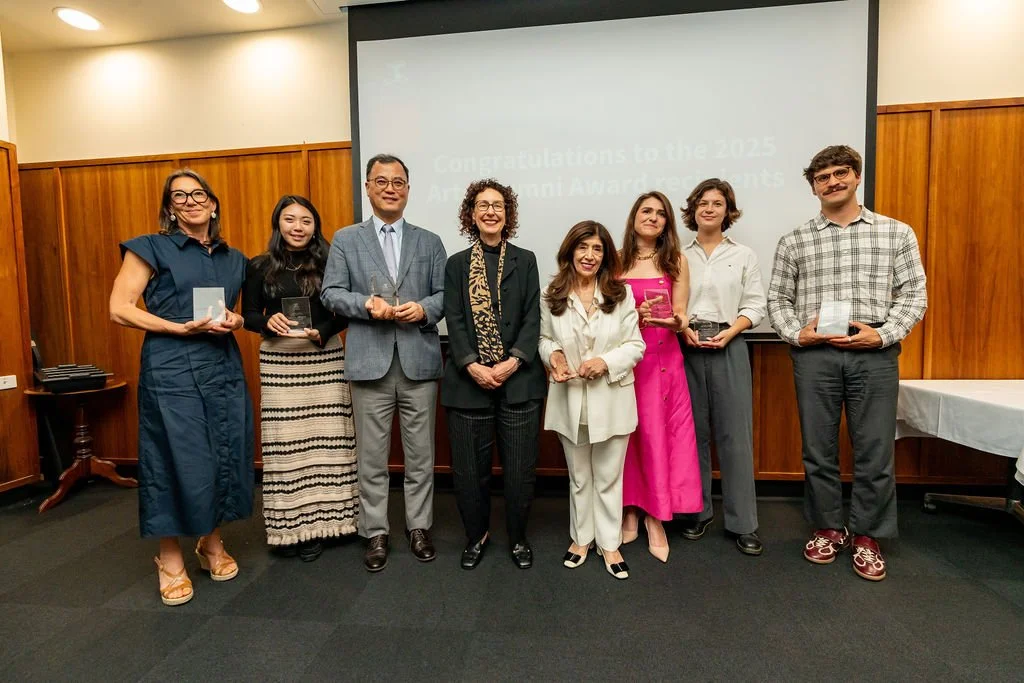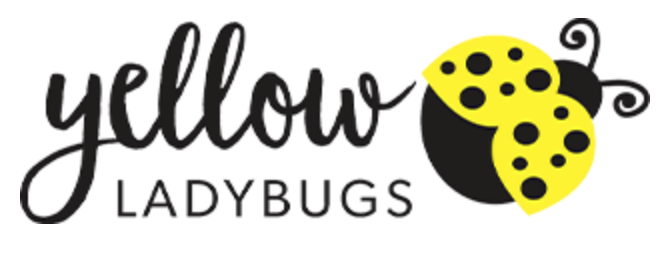MEET CONNIE.
Connie is a Psychologist with over 20 years experience working with young people, schools and families.
In addition to developing and sharing Social Stencil, Connie is a Research Supervisor and Sessional Lecturer at the University of Melbourne (Educational and Developmental Psychology Masters Program), prior Director of the Allied Health Studio Collective (based in Victoria), committee member of the Tasmanian School Psychologists Association, and member of LOAPAC (League of Autistic Psychologists and Affirming Colleagues).
For many, our careers are influenced by our early life experiences.
Connie experienced first hand the negative and destructive impact when someone is lacking social and emotional strategies to manage relationships. Connie experienced domestic violence as a child, and this set her on a path to understand social development, how skills develop, and find ways to reduce violence and abuse in relationships.
Her own experience led to a career as a Psychologist, and what she discovered in her own family history was that her father, and his father before him, experienced domestic violence and childhood trauma and those early experiences, carried through to Connie’s childhood. Research shows that early life experiences (personal and learnt) shape our templates for managing relationships throughout our life span.
With this in mind, Connie set out on a life long journey to find powerful ways to teach all young people social strategies and concepts to support their social development. Research has taught us that no matter what a child brings with them to school, what they learn at school can significantly change a young persons developmental trajectories, and that’s why social emotional programs in schools matter.
Social Stencil has grown out of this first motivation, and the program itself has been influenced by Connie’s adult life experiences too. Connie worked as a Therapist for Autistic children, an Integration Aide in a student-centre teacher-guided school, a School Psychologist and Private Practitioner.
Connie first wrote Social Stencil in 2008 for a Sydney based Girls school seeking strategies to support the friendship challenges they were identifying. At that stage it was know as The Friendship Saver Program. Following the successful pilot study, Connie returned to Melbourne to undertake PhD research with the University of Melbourne, to understand whether the same outcomes could be attained in other schools.
In 2009 Connie also opened The Allied Health Studio Collective (AHSC, formerly the Social Learning Studio), a neuro-affirming multidisciplinary practice located in Brunswick, Coburg and Geelong, Victoria. AHSC supports all young people and their families, with a particularly flair for supporting the neurodivergent and LGBTQIA+ communities.
Today, Connie lives in Hobart, and travels across Australia sharing her social learning strategies, training programs and engaging conference themes with educators, clinicians and parents.
Connie is also constantly researching, refining and expanding the Social Stencil program, to continue to engage and support all young people.
In 2023 Social Stencil underwent a process of reflective practice moving away from a traditional social emotional program and instead, becoming a neuroaffirming offering. With the support of an incredible team of adults with lived experience. Social Stencil was picked apart and built back up again with many sessions completely revised, and other new ones added.
And we’ve only just getting started!
Dr Connie Buckingham (PhD) was awarded the Arts Alumni 2025 Giving Award from the University of Melbourne for her pioneering work in neuroaffirming practice.
Read more about the award here.
As seen and heard at -

















